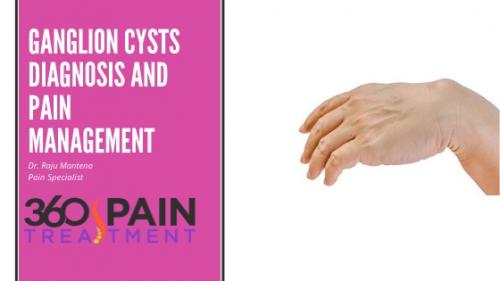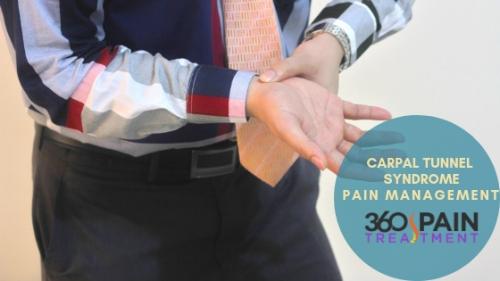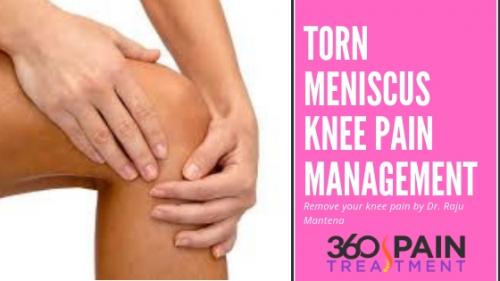Chest Wall Pain – Symptoms, Causes and Treatment

Chest pain is alarming as most people associate it with a heart attack. The chest wall is a structure that surrounds and protects the lungs, including the sternum and ribs. Chest wall pain is associated with the rib cage, breast, or muscle in the chest.
Individuals feel pain when they do certain movements or when pressure is applied to the chest wall. The pain is felt in one side of the chest or across a wider area.
Even though heart attack can cause chest pain, it is important to remember that it can be caused by other conditions too. The other conditions include digestive, lung, and muscle issues. Dr Raju Mantena is Pain specialist based on Houston area.
Symptoms of Chest Wall Pain
- Aching
- Burning
- Sharp and Stabbing
- Tearing
- Pain worsens with movement of the chest or when arms are raised or when the torso is twisted
- Pain increases with a cough or sneeze
- The other symptoms include:
- Shooting pain that extends to the neck and back
- Tingling
- Numbness
- Chest Wall Pain Causes
The chest is made of bone, muscles and other organs. The most common cause of chest wall pain are musculoskeletal conditions.
Musculoskeletal Problems
- Costochondritis
- Fibromyalgia
- Pulled chest muscle or intercostal muscle strain
- Nerve entrapment
- Lower rib pain syndrome or slipping rib syndrome
- Trauma or injury to the chest (due to a car accident)
- Tietze’s syndrome
- Stress fracture in the ribs
- Rheumatic diseases (ankylosing spondylitis, rheumatoid arthritis, or psoriatic arthritis)
Cardiovascular Problems
- Angina
- Heart attack
- Myocarditis
- Pericarditis
- Lung Problems
- Pulmonary embolism
- Pneumonia
Gastrointestinal Problems
- Gallstones
- Gastroesophageal reflux disease
- Peptic ulcer
Diagnosis
The doctor will check the chest, sternum, and ribs for swelling. This is done if the doctor suspects the pain to be caused due to a musculoskeletal problem (costochondritis or rib fracture).
The tests done to evaluate pain caused by musculoskeletal problem includes:
- Electromyography
- Chest X-ray
- Musculoskeletal ultrasound
- Nerve conduction velocity tests
- Sympathetic skin response (nerve reaction is tested when it is triggered with stimuli)
Heart function is tested if the patient has risk factors for heart disease (high blood pressure, diabetics, obesity or history of smoking). The tests that are done to determine heart function include:
- Blood tests
- Electrocardiogram
- Exercise stress tests
- Echocardiogram
- If the doctor suspects a problem with the lungs, the diagnostic tests include:
- Bronchoscopy
- CT scan
- Thoracentesis
Treatments for Chest Wall Pain
The treatment will vary depending on the cause of the chest wall pain.
- Musculoskeletal Problem
If the pain is due to a musculoskeletal problem, it is managed with physical therapy, stretching, muscle relaxers, and anti-inflammatory drugs.
Avoid activities that can aggravate the pain. Corticosteroid injections will reduce inflammation if the pain is persistent or severe.
- Lung Infection
Lung infections (pneumonia) are often treated with antibiotics.
360 Pain Treatment is used to treat many types of pain. As pain varies from person to person, the treatment plan is customized as per the specific needs of the patient. The pain treatment plan eliminates the triggers of the painful condition.
Dr. Raju Mantena specializes in managing pain. The most advanced non-surgical techniques are used to get patients back to their peak performance. This helps patients on the road to recovery.






Comments